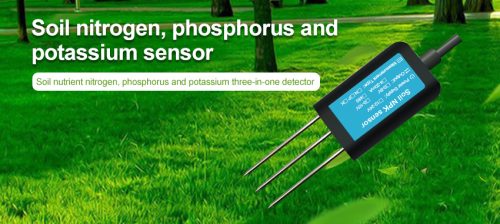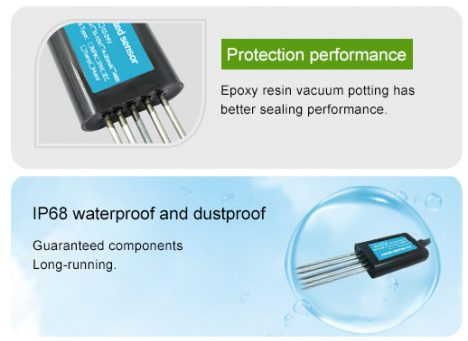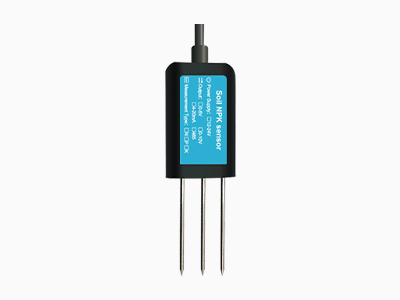In the dynamic landscape of modern agriculture, the efficient management of soil nutrients is essential for maximizing crop yields and ensuring sustainable agricultural practices. Soil NPK testers have become as indispensable tools for assessing and optimizing the availability of essential nutrients—nitrogen (N), phosphorus (P), and potassium (K)—in the soil. By providing valuable insights into soil fertility and nutrient levels, these innovative devices play a pivotal role in empowering farmers and agronomists to make informed decisions, enhance crop productivity, and promote environmental sustainability.
Understanding Soil NPK Tester

Soil NPK testing involves the analysis of soil samples to determine the concentrations of nitrogen, phosphorus, and potassium—the primary macronutrients critical for plant growth and development. These nutrients influence various aspects of plant health, including photosynthesis, root development, and overall crop vigor. Soil NPK testers utilize advanced analytical techniques to measure nutrient levels, enabling farmers to tailor their fertilization strategies and address specific nutrient deficiencies or imbalances in the soil.
Key Benefits of Soil NPK Tester

- Precision Agriculture: Soil NPK sensor enable precision agriculture by providing accurate and site-specific information about soil fertility. This allows farmers to apply fertilizers and soil amendments with precision, minimizing nutrient wastage and optimizing resource utilization.
- Nutrient Management: By assessing soil NPK levels, farmers can develop targeted nutrient management plans to address deficiencies and ensure that crops receive the appropriate balance of essential nutrients throughout their growth stages.
- Environmental Stewardship: Effective soil NPK testing supports environmentally sustainable agricultural practices by reducing the risk of nutrient runoff and minimizing the overuse of fertilizers, which can contribute to water pollution and ecosystem degradation.
- Crop Quality and Yield: Optimizing soil nutrient levels through NPK testing can lead to improved crop quality, enhanced yields, and better overall plant health, ultimately benefiting both farmers and consumers.
Innovations in Soil NPK Tester Technology
The latest advancements in soil NPK testing technology have introduce a new era of precision and efficiency in agricultural nutrient management. Modern soil NPK testers are with features such as:
Portable and Handheld Designs: Compact and user-friendly soil NPK testers allow for on-site soil analysis, enabling real-time decision-making.
Integrated Sensors and Data Connectivity: Some soil NPK testers incorporate sensors facilitating seamless data transfer with precision agriculture platforms. This integration enables the creation of digital soil maps and tailored nutrient management prescriptions.
Multi-Parameter Analysis: Beyond NPK levels, advanced soil NPK testers can assess additional soil parameters, such as pH, organic matter content, and micronutrient levels of soil health.
Future Directions and Implications
Looking ahead, the future of soil NPK testing holds promising prospects for further innovation and integration with emerging technologies. The continued development of AI enhances the predictive capabilities of the soil NPK tester, thereby generating recommendations based on historical data.
Furthermore, the convergence of soil NPK testing with precision agriculture technologies, such as unmanned aerial vehicles (UAVs) and satellite imagery, is expected to enable large-scale soil mapping and monitoring, fostering a data-driven approach to sustainable nutrient management across diverse agricultural landscapes.
Conclusion
In conclusion, soil NPK tester represent a cornerstone of modern agricultural practices, providing critical insights into soil fertility and nutrient dynamics. By harnessing the power of advanced soil NPK testing technologies, farmers and agronomists can optimize nutrient management, enhance crop productivity, and promote environmental sustainability in the agricultural sector.
